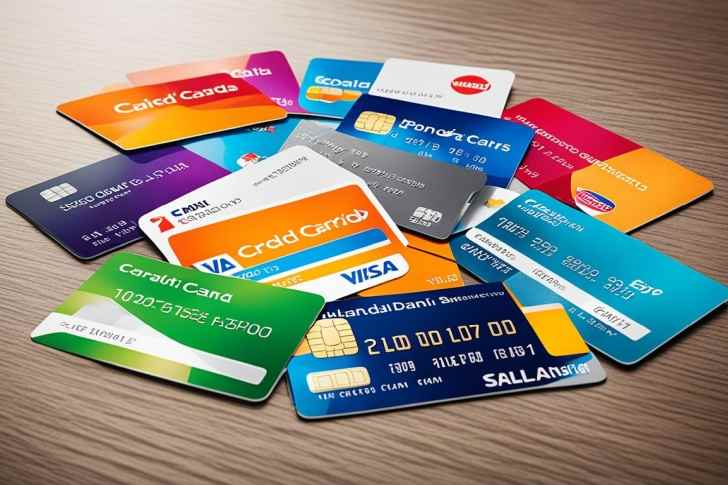Credit cards can offer significant financial benefits. This article guides you on improving your credit score and increasing your chances of credit card approval.

Credit cards are financial tools that allow you to borrow money up to a certain limit to purchase goods or services. They are offered by banks or other financial institutions and come with terms like interest rates, fees, and repayment schedules.
Basic cards with no frills.
Provide points, cash back, or miles for spending.
Require an upfront deposit and are ideal for building credit.
Help manage existing credit card debt with low introductory rates.
Approval for a credit card is contingent upon several factors, the very significant being your credit score. However, financial institutions also consider your income, employment history, and existing debt.
A credit score is a numerical representation of your creditworthiness. It ranges from 300 to 850, with higher scores indicating better credit health. Three major credit bureaus—Equifax, Experian, and TransUnion—calculate your score.
Lenders need assurance that you can repay borrowed amounts.
Stable employment suggests steady income.
Low debt-to-income ratios improve approval odds.
Length and quality of credit history are key indicators.
A good credit score (typically above 700) is crucial for credit card approval and favorable terms. Here’s how you can improve it.
Paying your bills on time is one of the very effective ways to boost your credit score. Set up automatic payments or reminders to avoid late payments.
Keep your credit utilization ratio below 30%. This ratio is the amount of credit used compared to your total credit limit. Reducing outstanding balances and requesting higher credit limits can help.
The longer your credit history, the better. Avoid closing old accounts, as they contribute positively to your credit age.
Having a mix of credit types—credit cards, auto loans, mortgages—can enhance your credit score. However, only take on debt you can manage.
Each hard inquiry—when a lender checks your credit report—temporarily lowers your score. Limit applications for new credit to minimize these inquiries.
Understanding and improving your credit score is just one part of the equation. Here are additional tips to increase your chances of getting approved for a credit card.
Select a card that matches your credit profile. Cards designed for people with limited or poor credit usually have higher approval odds.
Many issuers offer pre-qualification, which doesn't affect your credit score. It gives a preliminary idea of approval chances.
Regularly review credit reports from all three bureaus and dispute any mistakes. Accurate information paints a clearer picture of your creditworthiness.
High levels of existing debt relative to your income can deter approval. Paying down debt before applying can improve your chances.
When seeking credit card approval, certain mistakes can hinder your success.
High balances increase your credit utilization ratio and make you seem overextended. Charge only what you can repay promptly.
Card issuer terms and conditions reveal fees, interest rates, and rewards details. Understanding these can prevent surprises down the road.
Multiple applications result in several hard inquiries, which negatively impact your score. Space out applications to minimize this effect.
Navigating the world of credit cards requires understanding key components such as credit scores and approval criteria. By improving your credit score, choosing the right card, and avoiding common pitfalls, you can significantly enhance your chances of approval. Use these tips to manage your credit responsibly and reap the benefits credit cards offer.
Understanding Sme Neobank Impact

Exploring Webbank and Its Competitors

Discover Westminster Plaza Orlando

Discover Heartis Eagle Mountain Elegance

Westminster Plaza Orlando: A Comprehensive Guide

Transforming Banking with Sme Neobank

Discovering Westminster Plaza Orlando

Discovering Westminster Plaza Orlando

Life Insurance for Seniors: Maximizing Coverage and Benefits
